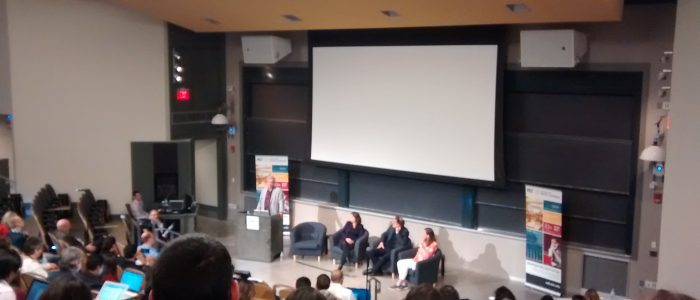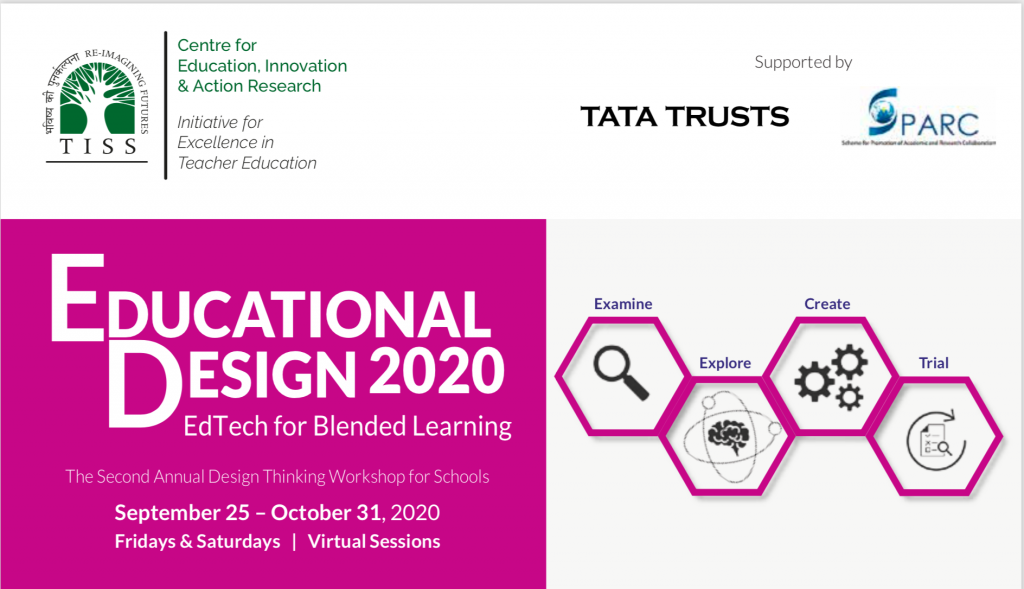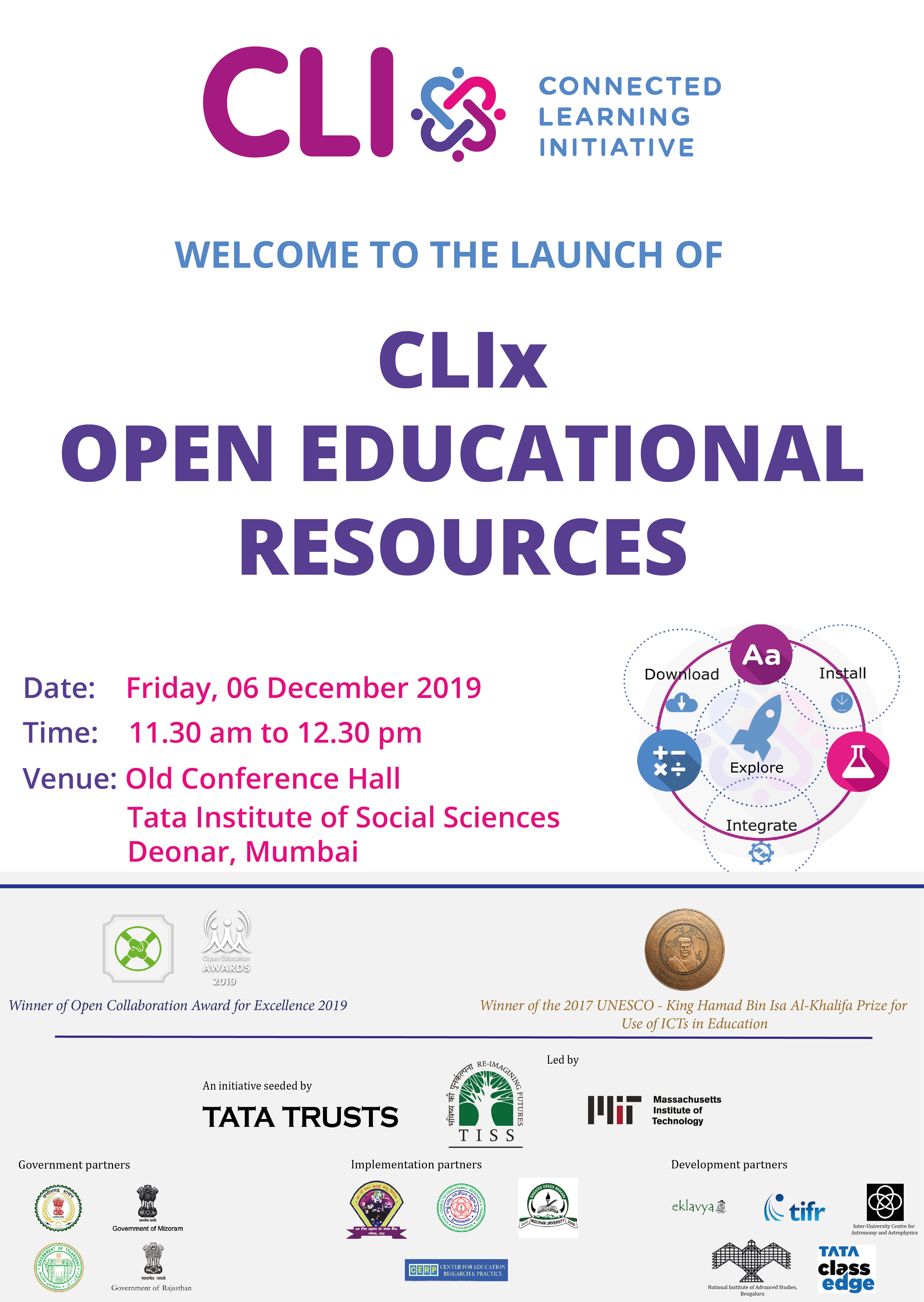On MOOCs, flipped classrooms and creative pedagogies
Globally, one of the fastest evolving levers of educational transformation is the use of technology, which is changing learning environments and experiences worldwide for a wide range of learners. At the LINC Conference recently held at MIT, some of us from CLIx – Anusha, Archana and Omkar – had the opportunity to interact with people from across the world who are working on some of the most fascinating and inspiring projects of this kind.
We were struck by the power of MOOCs (Massive Open Online Courses) to provide education access to hard-to-reach groups such as refugees in Europe, and by their potential for re-skilling youth and women across Africa, West Asia and the developing Commonwealth nations, thereby opening up mainstream education and employment opportunities. Online resources and course materials in the public domain are being effectively used by learners ranging from high school students preparing for college entrance exams, to university students from both well-resourced and under-resourced institutions, as well as school and university teachers. The work of MIT Blossoms – hosting a repository of free online videos that focus on collaborative, hands-on problem-solving methods created by educators worldwide in several languages, and the eGranary repository with over 30 million internet resources for use in schools without internet connectivity – was, we felt, of particular interest to CLIx.
Some sessions discussed how educators, learners and educational institutions are increasingly using ”flipped classrooms” – where students use their time outside class to engage with new audio-video or textual material and use classroom time with their teachers and peers to discuss problems, or to work on projects. This has not only changed conventional teacher and student roles, but has also transformed what happens within and outside the classroom. Technology has helped create this bidirectionality of pedagogic exchange, enabling pedagogies to become more creative, experimental, participatory and joyful.





Comments are closed.